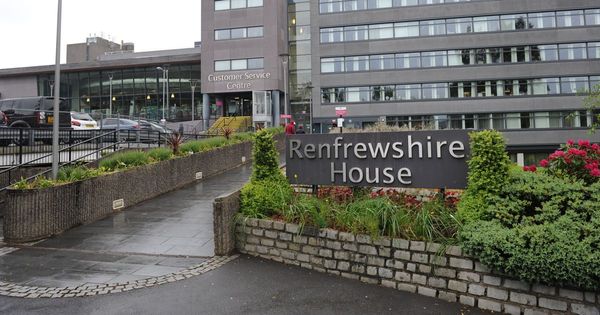
If you have a child born in the summer, the prospect of starting school can pose a conundrum. In England, for example, children typically start school in the September after they turn four, which for some can mean just a few months, weeks or even days later.
But if your child was born between April and August, you have the option to delay entry until year one, in line with compulsory school starting age of five. However, this means that they would miss the first formal year of education (reception).
Alternatively, you can apply to your local authority for a deferral of school entry – meaning your child will enter reception class the September after they turn five, and will be taught out of their peer group. A government review found that 88% of deferral requests in 2019 were granted.
So how do you know whether your child should start school at four, or delay or defer entry? One thing to consider is what research tells us about the experience of summer-born children. For example, much evidence points to the advantages of deferral for summer-born children.
However, it’s also important to remember that every child and their family have different circumstances, and later entry may not be the most suitable approach for your child’s experiences and potential.
We know that summer-born children are less likely to do well academically, socially and emotionally, especially in the first few years of school.
There are also issues related to the fact that curriculum for the early years of primary school in England has seen an increased “schoolification” in recent years. This means that there is a greater emphasis on formal styles of teaching and assessment.
The reception baseline assessment, made statutory in 2021, is an example of this: children are tested in maths and English during the first six weeks of reception class. Due to this timing, summer-born children are very young when they are assessed and so could be put at a disadvantage for reasons we’ll explain.
Time to mature
Deferring your child’s entry into school may have several advantages. Deferred entry could mean children have more time to mature and develop to the same level as older peers. This in turn could result in a better transition into reception, a more positive learning experience during reception, and more successful developmental and assessment outcomes in the first year of school.
Research has shown that summer-born children who enter school shortly after they turn four often have lower levels of language and behavioural development. These lower levels may then be mismatched with the curriculum and social demands of the classroom.
Research has found that in the early years foundation stage profile (an assessment of children’s development carried out by teachers at the end of the reception year), August-born children were on average 30% less likely to be attributed a “good level of development” compared to children born in September.
Because summer-born children are held to the same academic expectations as their classmates, teachers may compare them with older, more developed peers. This could lead to summer-born children’s ability being underestimated, which may also influence the assessment outcomes they receive during the reception year.

However, there are also a number of drawbacks to deferring school entry. Childcare is often one of the most important factors here. Although summer-born children are entitled to 30 hours of free childcare until they turn five, you will still need to organise and often pay for childcare arrangements for the year of deferral.
There is also evidence to suggest that younger children who enter reception at four, may benefit from learning in a classroom setting and learn quicker in a formal setting than children who had been held back in pre-school.
Ready for school?
Decisions to delay or defer school entry are often based on a child being “school ready”. This concept is rooted in the idea that there is a threshold of cognitive and social development milestones that a child must reach before they can learn effectively in school. Teaching professionals, early years settings, and parents aim to prepare children to engage and access formal education.
The access to and the quality of child’s pre-school education, as well as the nature of their home environment, play a major role in a child’s school readiness and their educational attainment. However, high quality learning experiences in both early years settings and home environment may not be accessible to all families and children.
An important way to support your child’s school readiness is to give them the opportunity to engage in independent, child-centred, and open-ended play-based early learning experiences. For example, unstructured outdoor play, where children can choose what resources or games to play without direction from an adult.
These experiences allow children to develop the appropriate social, emotional, and language skills to thrive in school. These skills are the building blocks for a child’s successful transition to formal learning, their ability to self-regulate behaviour in the classroom, and their engagement with the curriculum.
Every child has a unique set of early learning experiences and different levels of cognitive and social development by the time they enter school. They will therefore have a different level of perceived school readiness.
As their parent, you know your child best. Any decision to defer should be based on when you believe your child is school ready, alongside considerations of whether school may be a better environment and a more practical alternative to deferral.
Maxime Perrott studies and works for University of Bristol. She receives funding from the Economic and Social Research Council (ESRC)
Ioanna Bakopoulou receives funding from ESRC.
Liz Washbrook is an academic at the University of Bristol. Her research has been funded by a variety of non-governmental associations interested in social equity, such as the ESRC, Save the Children and the Resolution Foundation.
This article was originally published on The Conversation. Read the original article.










